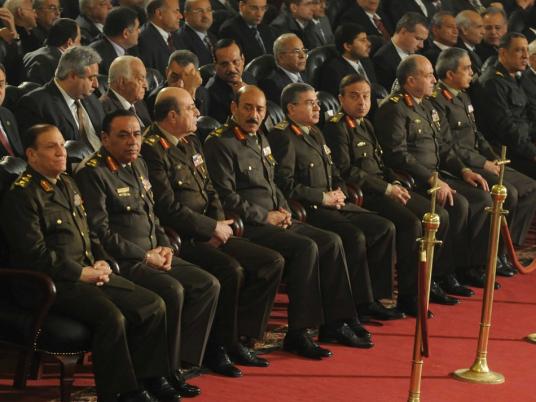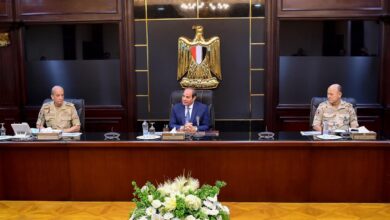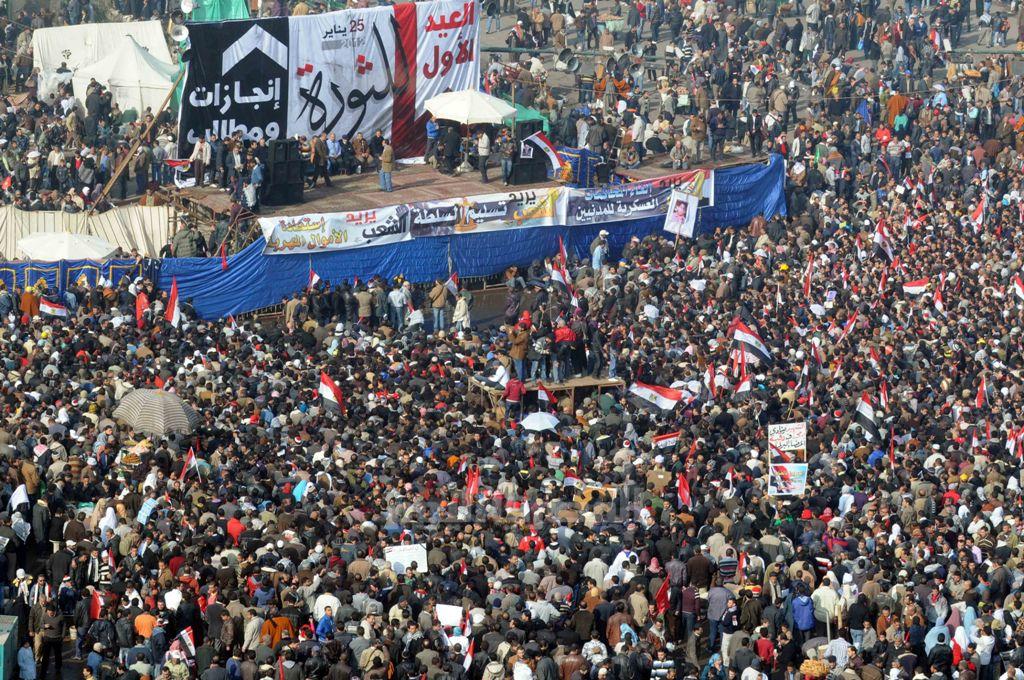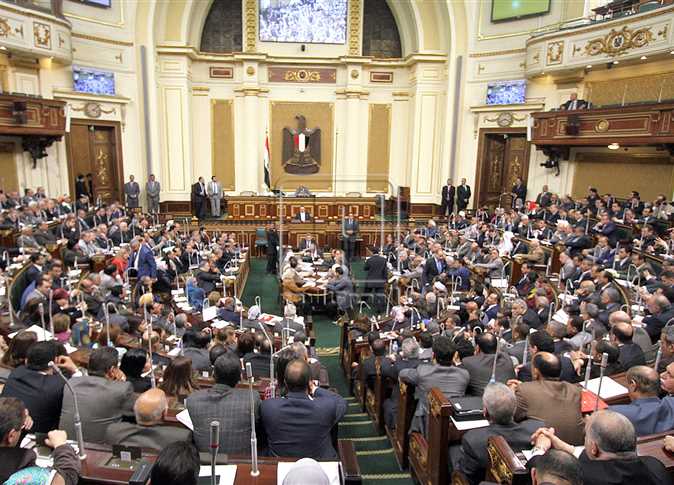
Four days before the new People’s Assembly was sworn in, Egypt’s ruling generals amended the controversial presidential election law and the Al-Azhar law, according to a government publication.
Newly elected parliament members, however, decry the move as encroachment on their authority.
The Supreme Council of the Armed Forces passed a military decree that modified eligibility conditions for presidential candidates and procedural details, as well as a number of amendments to Al-Azhar’s internal law allowing scholars to elect Al-Azhar’s grand imam, according to a copy of the official paper obtained on Monday by Egypt Independent. For decades, the president has appointed him instead.
Unlike previous SCAF decrees, which were followed by press conferences, these were issued discretely and only published in the rarely read official paper.
Sobhi Saleh, a parliamentarian representing the Muslim Brotherhood’s Freedom and Justice Party, which controls almost 47 percent of parliamentary seats, was not even aware of the decree until he spoke to Egypt Independent.
“The generals should have waited until the parliament had its first session on 23 January to discuss these bills,” Saleh said.
“These laws should have been presented to the People’s Assembly,” Saleh told Egypt Independent. “Especially as there was no urgent need to rush and issue them four days before Parliament convened.”
“This decree does not prevent the People’s Assembly from reviewing these bills, modifying or abolishing them,” he added.
The decree also included a bill for the development of the long-neglected Sinai Peninsula, the declaration of 25 January as the revolution’s anniversary, the preservation of Police Day as the same day, and an amendment to the armed forces’ code allowing the head of the state to honor revolutionaries with special military medallions.
“This is considered usurpation of [Parliament’s] legislative authority and an attempt to set facts on the ground,” Abouel Ezz al-Hariri, a lawmaker representing the left-wing Popular Alliance Party told Egypt Independent.
Since it took over in February, the SCAF has promulgated laws autonomously. Most of its bills elicited Egyptians’ concern, but there was no alternative in the absence of an elected legislature.
As the countdown for the elections of the People’s Assembly began, political leaders warned against issuing any more bills until Parliament convened.
Earlier this month, the SCAF and its cabinet rushed to draft three bills regulating three controversial issues, including the presidential poll, Al-Azhar and non-governmental organizations.
Aside from the latest decree, the generals bypassed parliament when Field Marshal Hussein Tantawi announced last week the partial lifting of the state of emergency with the exception of cases of “thuggery,” said Mohamed Hamed, a lawmaker from the liberal Free Egyptians Party.
“The matter should have been referred to Parliament to decide how the state of emergency should be lifted and to get parliamentarians’ approval on any exceptions,” complained Hamed, adding that his party will demand that Parliament revise bills passed by the generals during the transitional period.
The decree lifted Hosni Mubarak’s restrictive requirements for presidential candidacy and introduced new conditions which a sweeping majority of nearly 70 percent voted for in the public referendum held in March. It also created the mandate of the Supreme Judicial Elections Commission, which will be in charge of monitoring the poll.
Earlier some politicians had objected to the military-proposed mandate and regulations of the poll. They argued that it could facilitate vote rigging.
The generals might have decided to bypass Parliament and pass their version of the presidential elections law to ease the victory of a particular candidate, alleged Hamed. The candidate could be one “who is on good terms with the SCAF or who can secure a special position for the army in the political order,” he said.
The Al-Azhar law is no less contentious.
The bill, initially proposed by Al-Azhar Grand Imam Ahmed al-Tayyeb, has already drawn ire. The bill’s intention was to reform the world’s oldest Sunni Institution and free it from government intervention.
Many Al-Azhar preachers contend that it aims at tightening the grip of the incumbent grand imam. Meanwhile, pundits hold that the bill aims to thwart an alleged plan by Islamist lawmakers to allow for elections that could help replace the moderate imam by a hardliner.
Emad Abdel Ghafour, leader of the Salafi Nour Party, did not seem concerned by the SCAF’s issuance of the presidential elections law. He argued that there was an urgent need to pass it because presidential hopefuls are set to announce their candidacy in April. He added that this law does not fall under his party’s “priorities.”
“As for Al-Azhar, we have been talking about reforming it for years. Hence, we could have waited until the People’s Assembly drafts the law,” said Abdel Ghafour.
He added that his party has reservations over the bill backed by Al-Azhar’s incumbent grand sheikh, saying that the law does not grant scholars enough freedom to elect the grand sheikh and actually departs from a 50-year-old tradition of allowing the head of state make the appointment.
Earlier, Abdel Ghaffour said that lawmakers can modify bills that don’t serve “public interests.”




